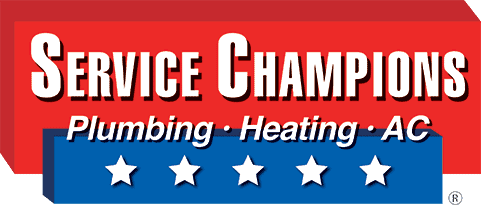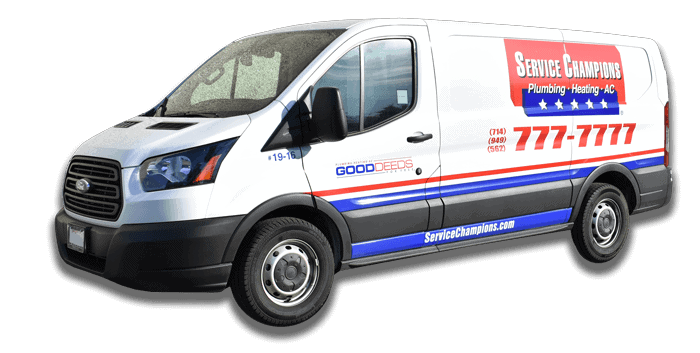How To Protect Your Home Against Power Surges
Power surges are when there is a sudden over-exertion of electricity. This can be anywhere from 110 percent or more above what is normal for your home.
The electricity that powers our homes is something we depend on every single day. Even just a few hours without the capabilities of our ceiling lights or kitchen microwave compromise our productivity and comfort.
The slightest power surges can indicate underlying problems in electricity and wirework. Taking the time to talk to an electrician or even your HVAC contractor is a smart way to avoid potential blackouts or brownouts.
Though most electronics are designed to withstand a relative amount of discrepancy, a power surge can destroy appliances. If you notice any unusual behavior in your home appliances, call your electrician and/or HVAC contractor to provide the proper attention your home needs.
These signs can include:
- Lights that flicker or bulbs that dim and/or brighten without reason
- Electronics such as the microwave, printer or fax machine that fail to turn on
- Larger devices such as the central air system, washer/dryer or photocopiers that do not work to full capacity
Preventing Power Surges
Because small power surges happen almost daily, noticing discrepancies in your electricity and finding the appropriate help can better prepare your home for a larger power surge that may occur during a storm.
Have your electrician double-check all wiring and grounding. All equipment should be securely plugged into a grounded outlet. Also be sure to replace weathered, damaged or poor quality connections.
Protection Against Power Surges
The most efficient and practical method to protecting your home from power surges is by using surge suppressors. These devices help curtail spikes in voltage before excess electricity can enter into the appliance or equipment.
When choosing a surge suppressor, look for one with these four basic qualifications:
- Comes with an acknowledgment of UL 1449, which is a label provided by the Underwriter Laboratory ensuring a suppressor’s safety requirement.
- Provides 54,000 amperes or higher, if your circuit panel does not include surge suppression.
- Provides somewhere around 330 volts. (The lower the number, the better protection it provides.)
- Has an energy rating of 700 joules or more. (The greater the number, the better)
HVAC Safety with Service Champions
Electricity is what powers the furnace and air conditioner in your home. Because it is imperative for a running central air system, taking care of your electricity is taking care of your home air conditioning.
Service Champions Heating & Air Conditioning has provided exceptional HVAC service and customer care to thousands of homes in Southern California. Our experts share a genuine concern for your home’s safety and comfort.
To prolong the lifespan of your central air and keep your home safe and comfortable, have our specialists service your furnace and air conditioner.

